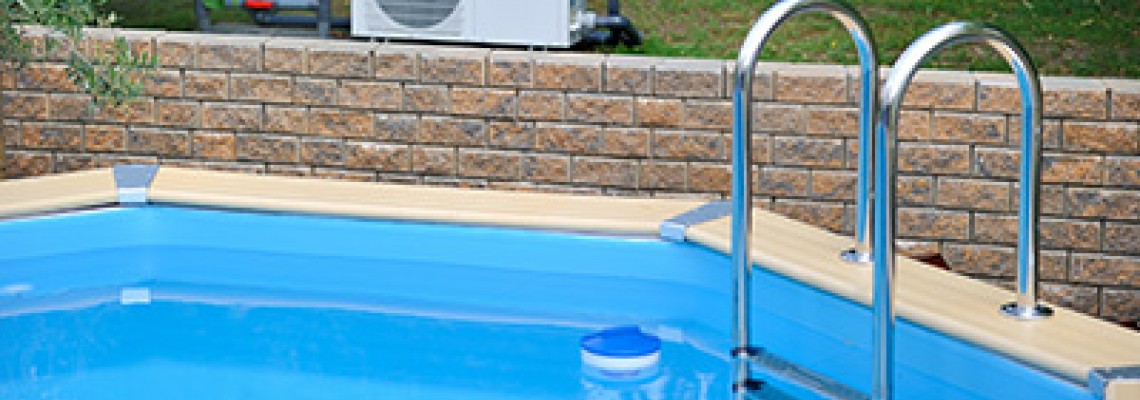
What is a Heat Pump and Its Types
In this article, I will explain in simple terms what a heat pump is and what types of heat pumps exist.
A heat pump in English is heat pump. All air conditioners that can work in heating mode are actually heat pumps (heat pump).
Air Conditioners and Heat Pumps
Air conditioners can operate for heating at different temperatures: some can work down to -7°C, others down to -15°C, and some can even go down to -25°C or lower. This means that the efficiency of the air conditioner does not decrease at negative temperatures. However, the lower the outside temperature, the more energy the air conditioner consumes. Some models start consuming electricity at the level of a regular heater when the temperature falls below -7°C.
An air conditioner working in heating mode is an air-to-air heat pump, or air-source heat pump. Its principle of operation is based on the compression and expansion of refrigerant. The compressor changes the refrigerant pressure, which allows for the release of heat or cold. This process converts electrical energy into heat.
The coefficient of thermal energy conversion for heat pumps is typically 1:3–4. This means that by consuming 1 kW of electrical energy, the heat pump can produce 3–4 kW of heat, making it highly efficient for heating spaces.
Geothermal Heat Pumps
To increase the system's efficiency, the outdoor unit can be installed in the ground or in a water body, where the temperature is stable. This led to the development of geothermal heat pumps, which use energy from the ground, water, or air.
Geothermal heat pumps can not only heat the air but also heat water for heating systems or hot water supply (HWS).
Main Types of Heat Pumps
-
Air-to-Air Heat Pumps
These pumps convert heat from outdoor air and can be used for both heating and cooling. Such systems are easy to install and ensure energy-efficient operation.
-
Air-to-Water Heat Pumps
These are ideal for climates where the air temperature does not fall below -15°C. These pumps heat water, which can be used for heating and cooling spaces through fan coils — devices similar to the indoor units of air conditioners.
-
Water-to-Water Heat Pumps
These pumps use water from bodies of water or wells to heat and can operate even at low temperatures. There are also ground-to-water systems that use the energy of the earth for heating.
Air-to-Air Heat Pumps
These pumps convert heat from outdoor air and can be used for both heating and cooling. Such systems are easy to install and ensure energy-efficient operation.
Air-to-Water Heat Pumps
These are ideal for climates where the air temperature does not fall below -15°C. These pumps heat water, which can be used for heating and cooling spaces through fan coils — devices similar to the indoor units of air conditioners.
Water-to-Water Heat Pumps
These pumps use water from bodies of water or wells to heat and can operate even at low temperatures. There are also ground-to-water systems that use the energy of the earth for heating.
Geothermal Heat Pumps
Geothermal heat pumps extract heat from the ground, water, and air. These are expensive devices, but their installation pays off over several years. Such pumps allow for autonomy, reducing reliance on gas and electricity.
Advantages of Heat Pumps
- Energy Efficiency: By consuming 1 kW of electrical energy, they can produce 3–5 kW of thermal energy.
- Eco-friendliness: They use natural energy without releasing harmful substances into the atmosphere.
- Versatility: They provide heating, cooling, and water heating.
- Durability: They last longer than traditional boilers and require minimal maintenance.
Heat pumps are a modern and effective solution for creating a comfortable home environment while saving on electricity.

Leave a Comment